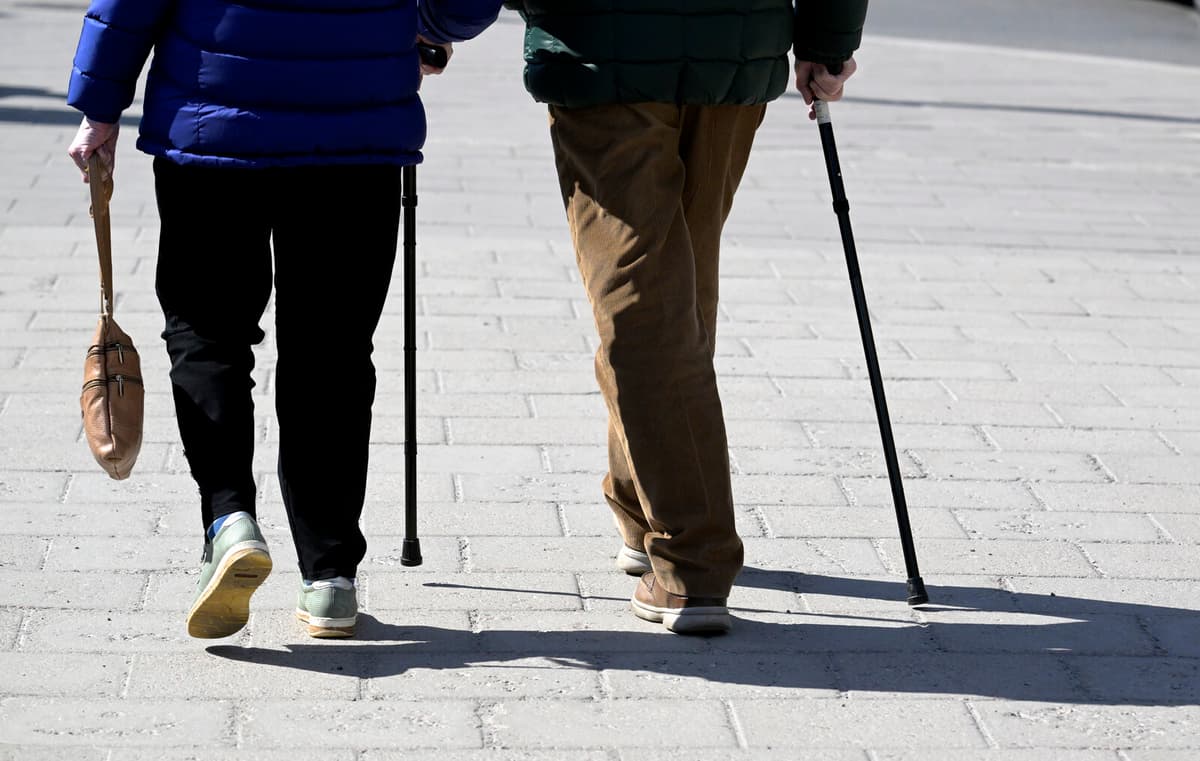Can today's and tomorrow's pensioners count on higher pensions? Yes, at least in good times, i.e. when the national income pension system has a sufficiently large surplus.
This is something that the pension group, where all parliamentary parties are included, has agreed on.
"Finally"
Minister for Social Insurance Anna Tenje (The Moderate Party) calls it a historic decision.
This could have been done earlier and maybe should have been introduced earlier, she says at a press conference.
Advertisement
Finally, says Anders Ygeman, the Social Democrats' representative in the pension group.
A surplus means that if the surplus in the income pension system is large enough, a balance figure exceeding 1.15 or a surplus of 15 percent, it will be distributed to the pensioners. And at the latest year-end, the balance figure was almost 1.17 or a surplus of 1,900 billion kronor, according to the Pensions Agency.
If and when it can become an extra payment "depends on how the development and forecasts look", according to Anna Tenje. The system with a surplus is to be introduced from January 1, 2027.
– As the forecast looks now, it will go to the pensioners' wallets, says Oscar Sjöstedt (SD) and refers to 2027.
According to Sjöstedt, however, the addition will be "pretty modest" in terms of the number of kronor.
– It's hard to say exact kronor amounts, says Martina Johansson, the Center Party's representative in the pension group, but adds that pensioners should not expect more than maybe a few hundred kronor, not thousands, if a surplus is to be distributed.
Ida Gabrielsson (V) mentions 70 kronor more per month, as a forecast.
Has been criticized for a long time
The criticism has sometimes been loud against the pension system. The general pension, via the national system, has been too low in relation to the previous salary, which was not the intention when the new system was launched in the 1990s.
It has been argued, mainly from the left, that the pension contribution should be increased in order to be able to raise the pensions. Such an investigative work is ongoing in the pension group.
Another similar track that has been investigated is whether a so-called surplus should be introduced, something that one has now agreed on.
A "brake" that works in the opposite way already exists in the system. A deficit reduces the general pension. That brake has been triggered on three occasions, 2010, 2011, and 2014.
Several of the parties' representatives talk about the importance of fairness. If there is a brake where pensioners have to take the risk, there should also be an upside when the economy is strong.
The national pension system includes the AP funds, which manage the buffer.






